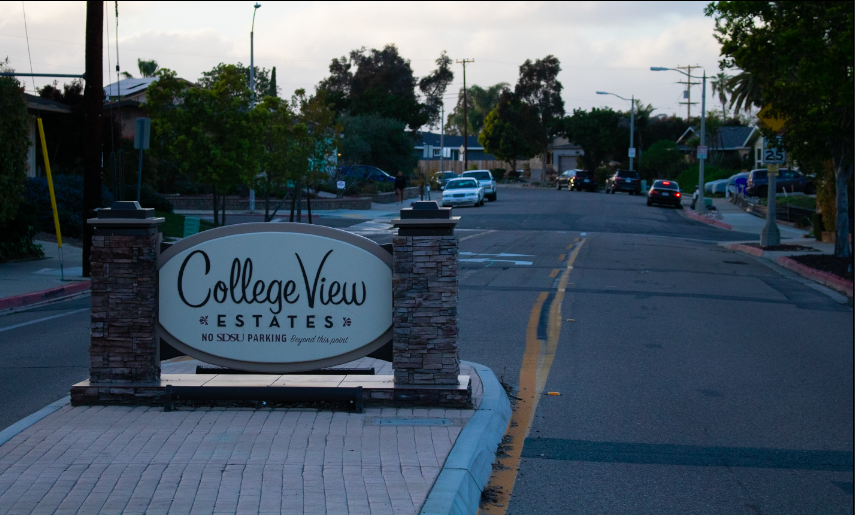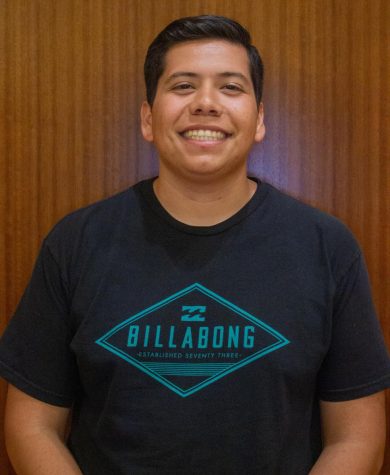As San Diego State students gear up to find housing for the next school year, there might be a few things they’ll want to know if those places are off campus.
As students who might look to save on the cost of attending school by opting to find housing off-campus, understanding your lease and knowing who you are renting from may be beneficial advice to avoid complications.
History and religious studies senior Mathew Ross lives off campus and said he’s faced his fair share of difficulties, mainly with a previous landlord who withheld his security deposit.
“You’ve got to be real careful,” Ross said. “I got no refund for one place I lived at for a whole year. The landlord gave me threats of court for damages.”
Ross said the search for off-campus housing can be difficult, but living on campus hasn’t been an option because of the cost.
“(There’s) no real clean method to find housing and a lot of people turn to Craigslist,” Ross said. “It’s very expensive to go to school and it leads students to take out student loans. It’d be nice if student housing on campus was much more affordable.”
Real estate lecturer Dana Kuhn said students who choose to turn to off-campus housing can benefit from doing some research beforehand. She said students should do online research on the prospective rental properties, the rental companies that own them and the landlords who manage them.
“You can learn about an apartment complex and its management practices online,” Kuhn said in an email response. “Bad operators can’t hide in the digital age.”
Kuhn said rentals not run by leasing companies may be different, but students can still find information on the landlords through online searches.
“A one-off house rental is a different story,” Kuhn said in an email response. “How can you find out what Mr. Peck is like as a landlord? Ask him for a tenant reference.”
Real estate lecturer Mark Goldman said students should be aware of the many responsibilities that come with the lease.
“One thing is, if they’re going to sign a lease, that’s a contract,” Goldman said. “They’re expected to comply with the lease. Read the lease.”
Goldman also said the same should be known for students who share a lease with other people.
“If one of the students fails to pay the rent, what are obligations of the remaining tenants?” Goldman asked.
Kuhn said knowing the ins and out of the lease can be another benefit for students so they know what they’re getting into before signing.
”Leases are written to protect owners, not tenants,” Kuhn said in an email response. “Ask for a blank copy of a lease so you can study it overnight.”
Kuhn also said students should make sure what is promised to them by landlords is included in the lease.
“Read about renter’s insurance, about subleasing, about repairs, about whether each signer is responsible for the entire rent,” Kuhn said in an email response. “Are the leasing agent’s representations about parking or other rights actually in the lease? If it’s just verbal, it’s just marketing.”
Goldman also said if students decide to leave for an extended time during the duration of their lease, they are still expected to comply with its terms.
“If the lease is enforced, you owe rents for all months,” Goldman said.










